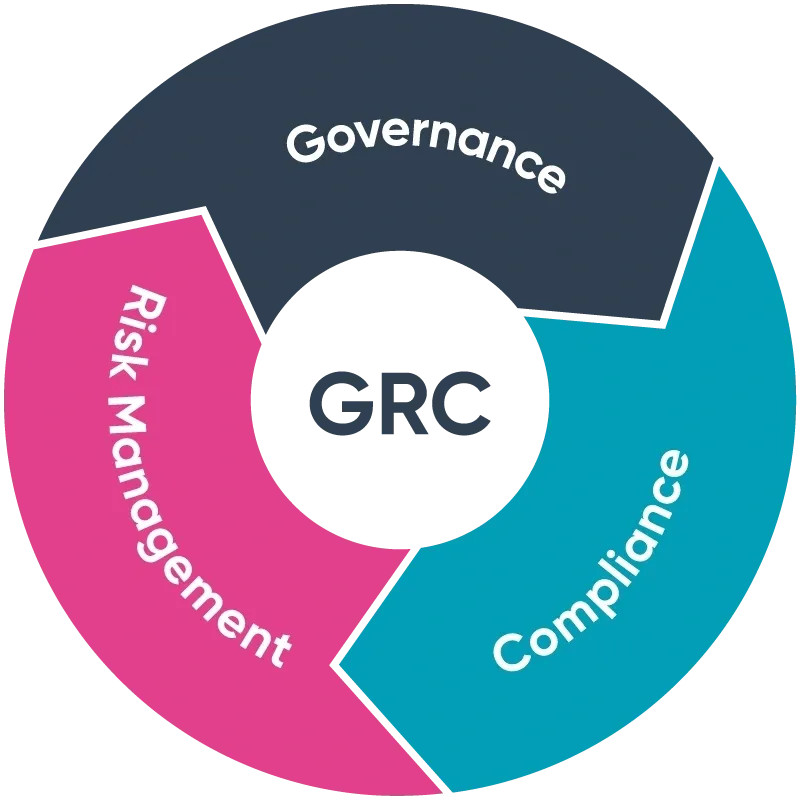
In the ever-evolving world of business, enterprises face a multitude of challenges, from complex regulatory environments to dynamic risks and the imperative for ethical governance. To navigate these complexities and ensure sustained success, the adoption of Governance, Risk Management, and Compliance (GRC) practices has become not just advisable but a sheer necessity for enterprises.
1. Navigating Regulatory Complexity
Enterprises operate in a regulatory landscape that is constantly evolving. Compliance with laws and regulations is not just a legal obligation but a critical aspect of ethical business conduct. GRC frameworks provide organizations with the tools and processes needed to understand, monitor, and adhere to the myriad of regulations that impact their operations. This not only helps avoid legal complications but also builds a foundation for ethical business practices.
2. Ethical Governance and Accountability
Ethical governance is a cornerstone of sustainable enterprises. GRC frameworks guide organizations in establishing and maintaining transparent and accountable governance structures. By clearly defining roles, responsibilities, and decision-making processes, GRC ensures that ethical standards are upheld at all levels of the organization. This not only safeguards the company’s reputation but also fosters a culture of integrity and responsibility.
3. Proactive Risk Management
In a world where risks are inherent in every business endeavor, effective risk management is non-negotiable. GRC provides a systematic approach to identifying, assessing, and mitigating risks. By implementing robust risk management strategies, enterprises can protect their assets, anticipate potential challenges, and respond effectively to unforeseen events. This proactive stance is crucial for maintaining resilience and adaptability in a rapidly changing business environment.
4. Enhancing Operational Efficiency
GRC is not just about compliance and risk avoidance; it also contributes to operational efficiency. Through streamlined processes, centralized data management, and clear communication channels, GRC frameworks reduce redundancy and enhance overall operational effectiveness. This efficiency gain allows enterprises to focus resources on strategic initiatives rather than getting bogged down by administrative burdens.
5. Building Stakeholder Trust
Trust is a currency in the business world, and enterprises must continuously earn it from customers, investors, and the broader community. A robust GRC program signals a commitment to responsible business practices. Stakeholders are more likely to trust organizations that demonstrate a dedication to ethical governance, compliance with regulations, and proactive risk management.
6. Adapting to Change
The business landscape is dynamic, with technological advancements, geopolitical shifts, and market fluctuations. GRC frameworks provide the adaptability needed for enterprises to navigate change successfully. By continuously monitoring and assessing the business environment, organizations can adjust their strategies and operations to stay ahead of the curve.
In conclusion, Governance, Risk Management, and Compliance (GRC) is not just a buzzword; it is a necessity for enterprises looking to thrive in today’s complex and competitive business environment. GRC practices provide the structure needed to navigate regulatory challenges, uphold ethical standards, proactively manage risks, enhance operational efficiency, build trust, and adapt to change. As enterprises strive for long-term success and sustainability, a robust GRC framework becomes an indispensable tool for steering the ship through turbulent waters and toward prosperous horizons.







